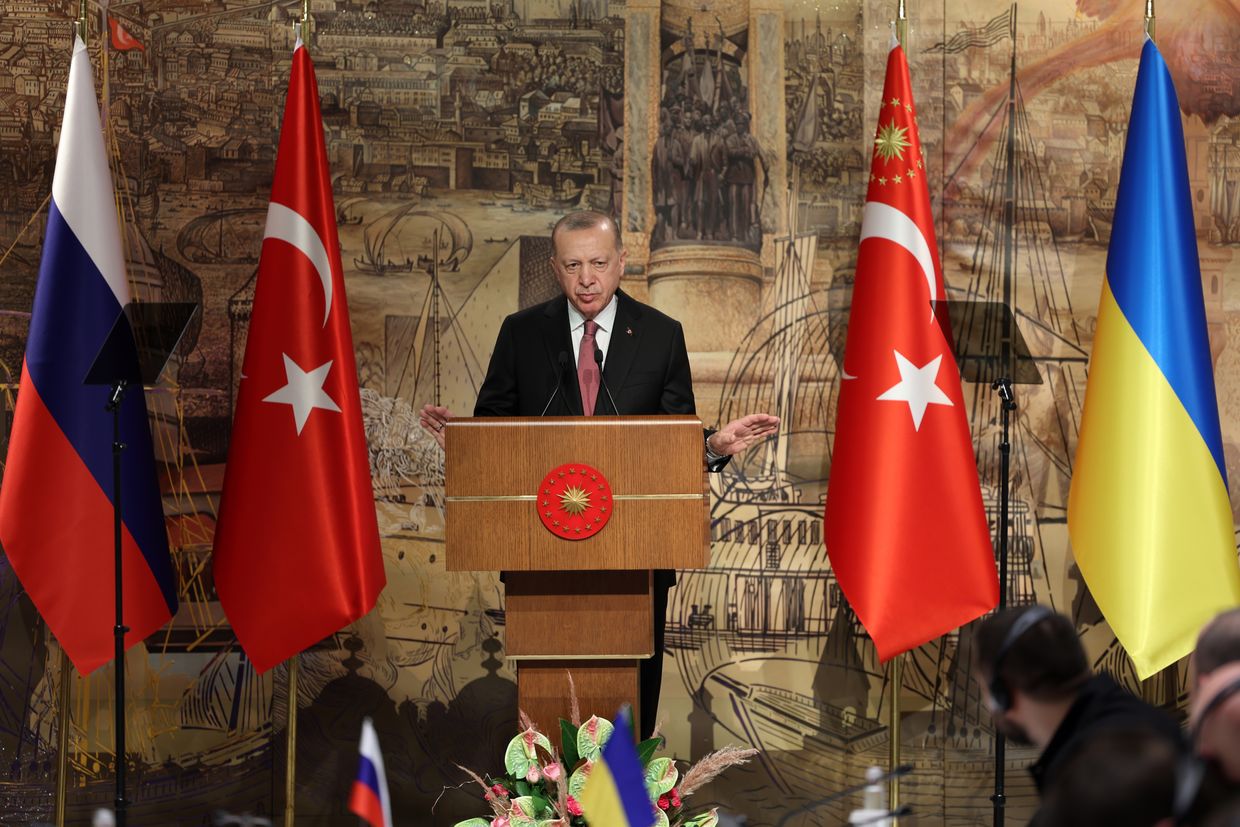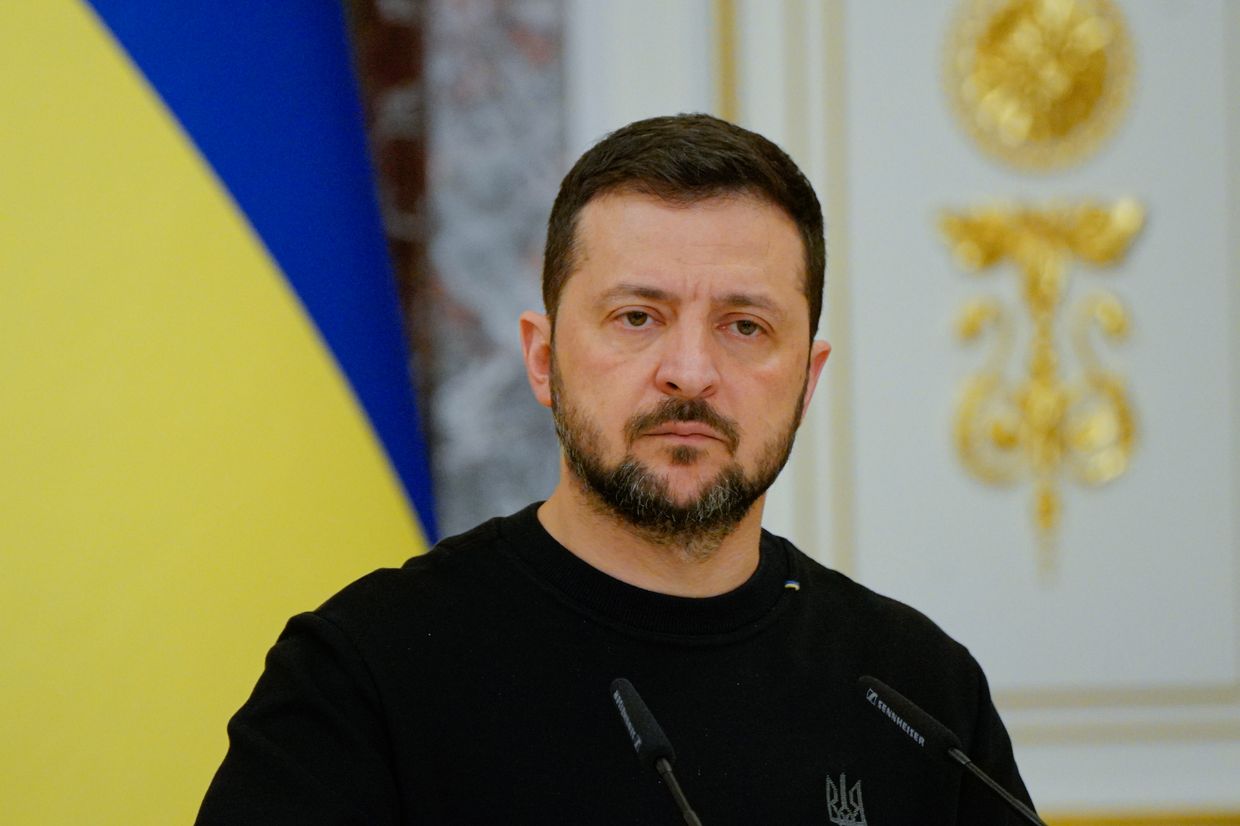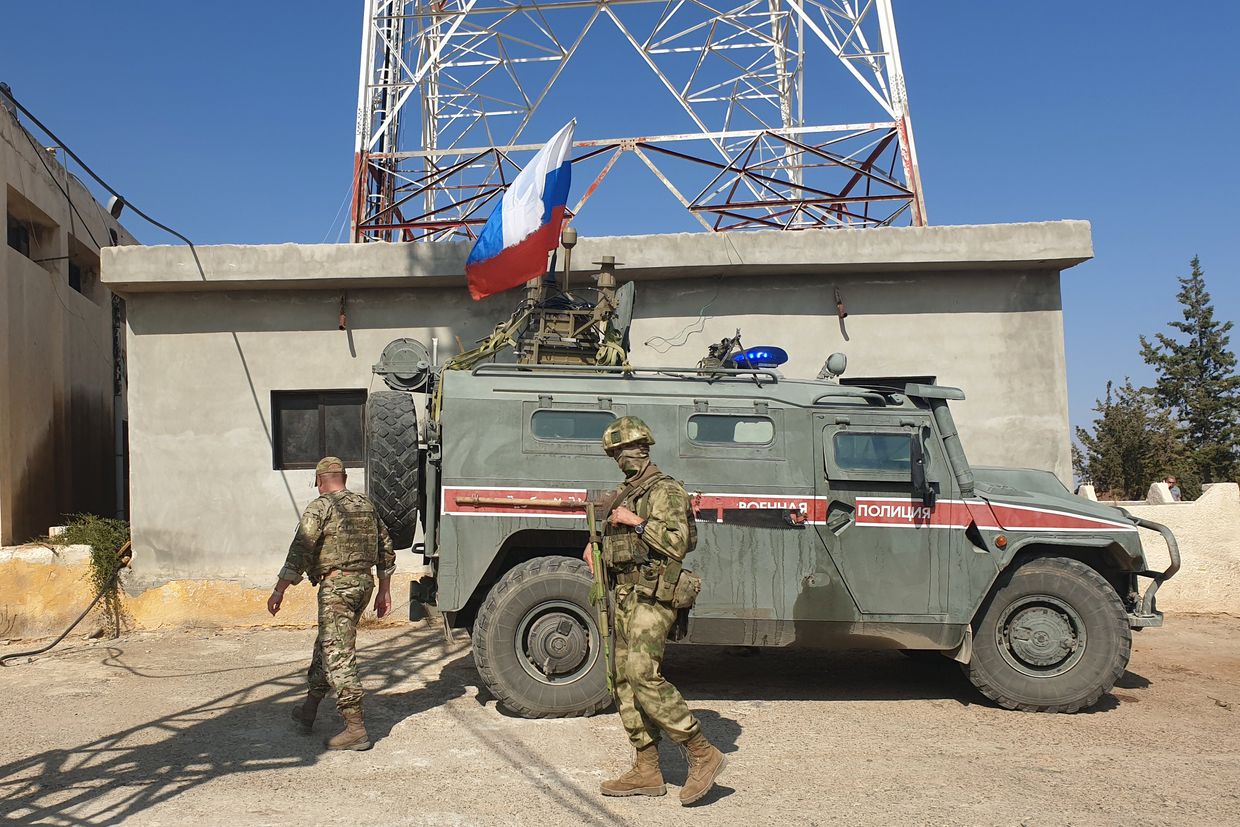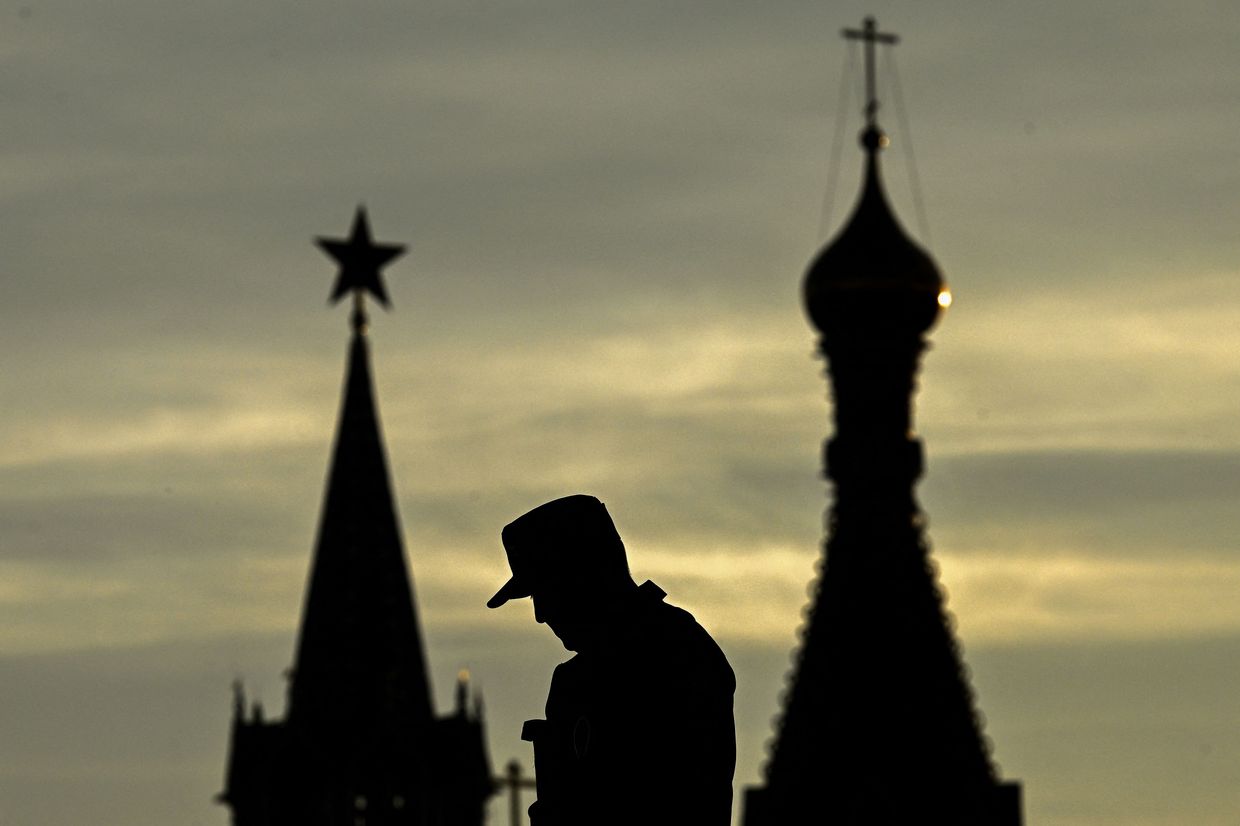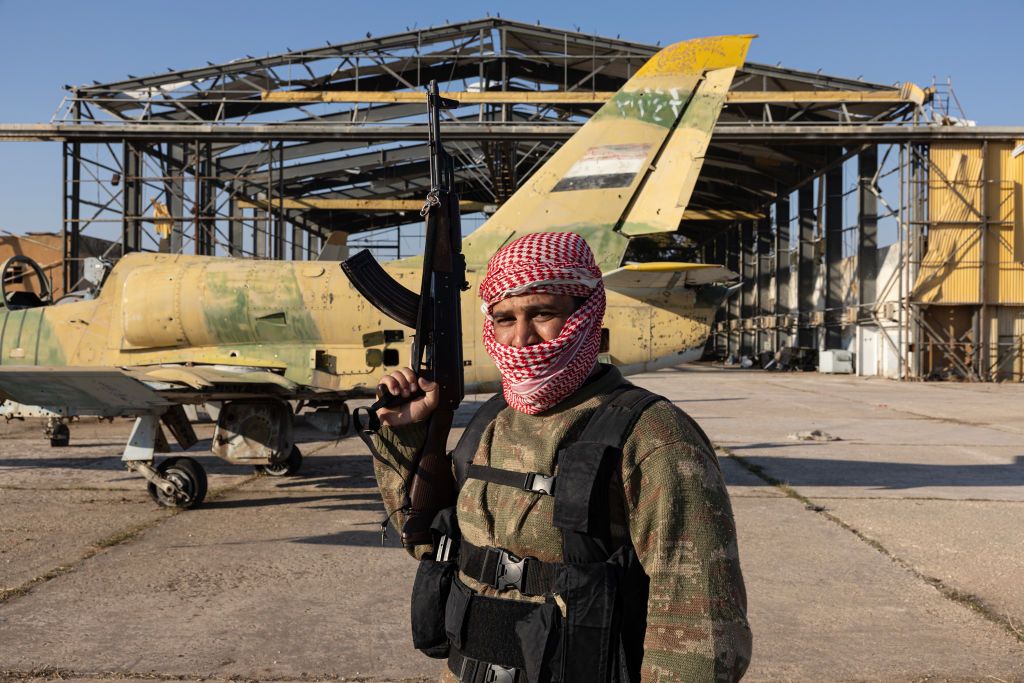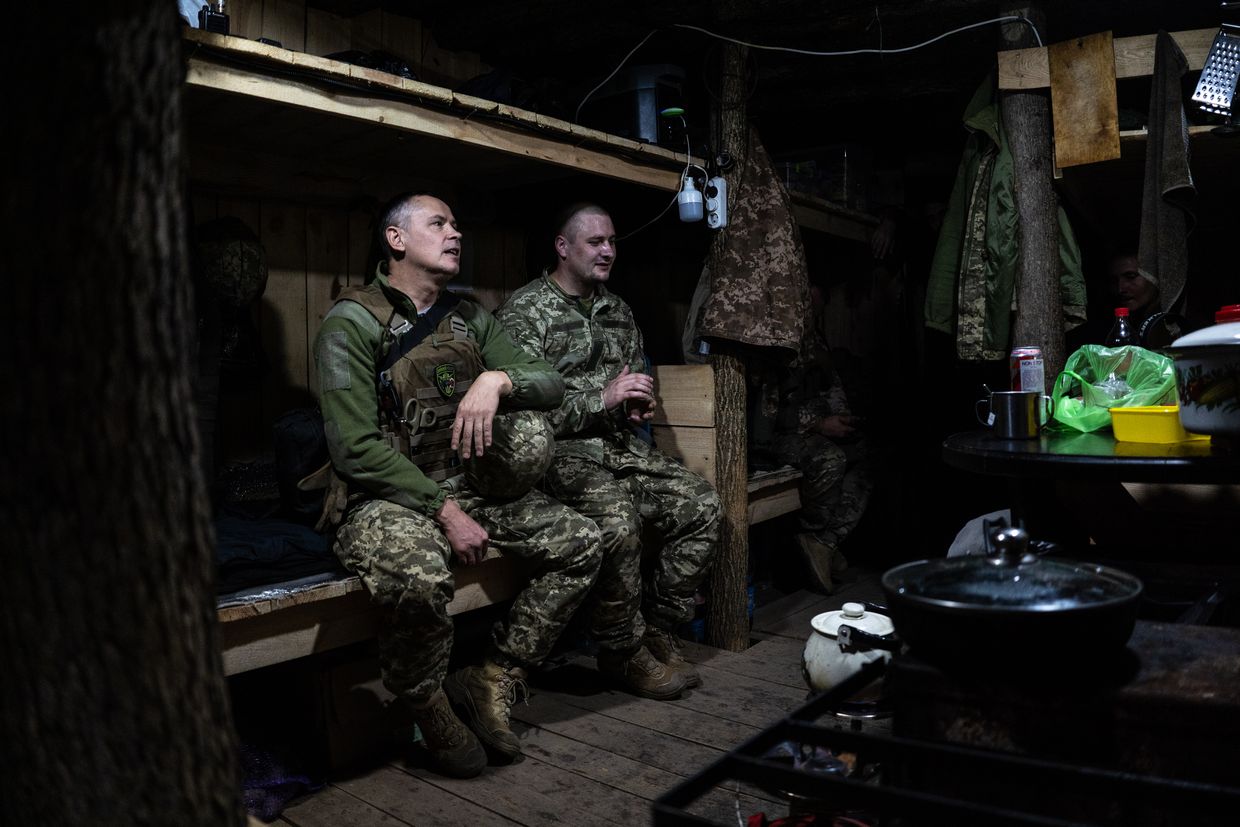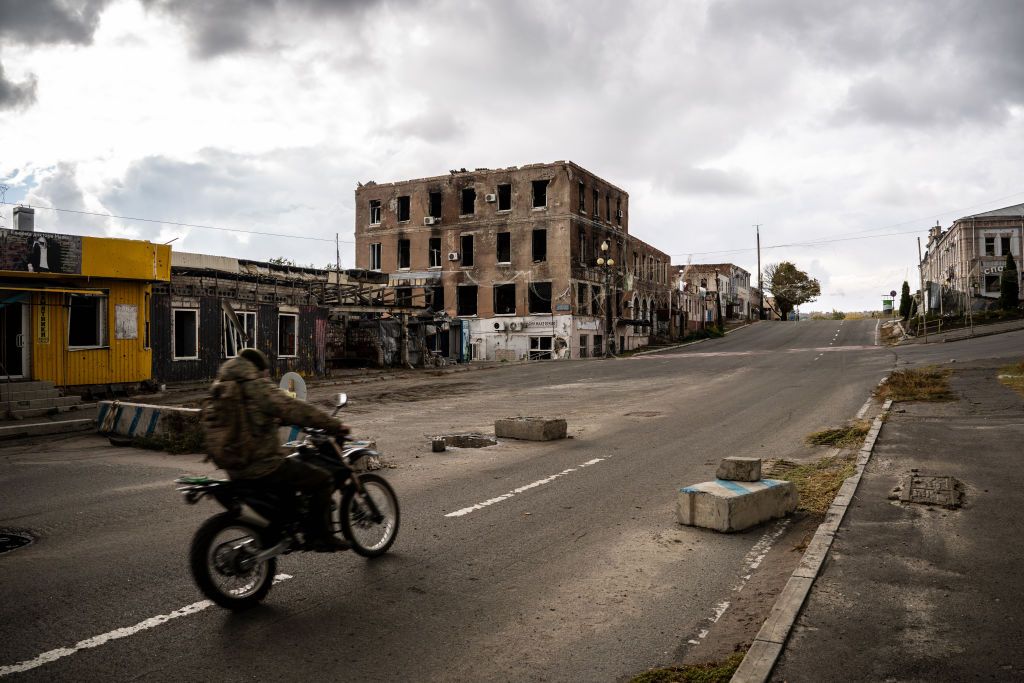Sirens fill the streets. Police cars flash passersby with blue lights. The capital city pauses. But no one’s phone buzzes with alerts. No one seeks shelter. No one scans the sky for missiles. The scene is Warsaw, not Kyiv. Every year on Aug. 1, at 5:00 p.m., sirens wail, and civilians stop to remember the start of the Warsaw Uprising.
This year, the 80th anniversary of this armed resistance against foreign rule coincided with Taylor Swift’s concerts in Warsaw. It was a moment of cultural collision: Polish scouts in uniform stood beside visiting fans dressed in sequins. Even the Swifties were informed of what to expect and how to pay their respects.
On Aug. 1, 1944, fighting erupted across Warsaw as coordinated units of combatants attempted to reclaim the city from the Germans. The Warsaw Uprising was an attempt to assert a free and independent Poland, separate from the occupying Nazis and distinct from the approaching Soviet army.
The Uprising ultimately failed. After 63 days, 150,000-200,000 people had been killed. The survivors were deported, and the Germans leveled the city to punish its residents for daring to fight for home rule instead of enduring brutal occupation.
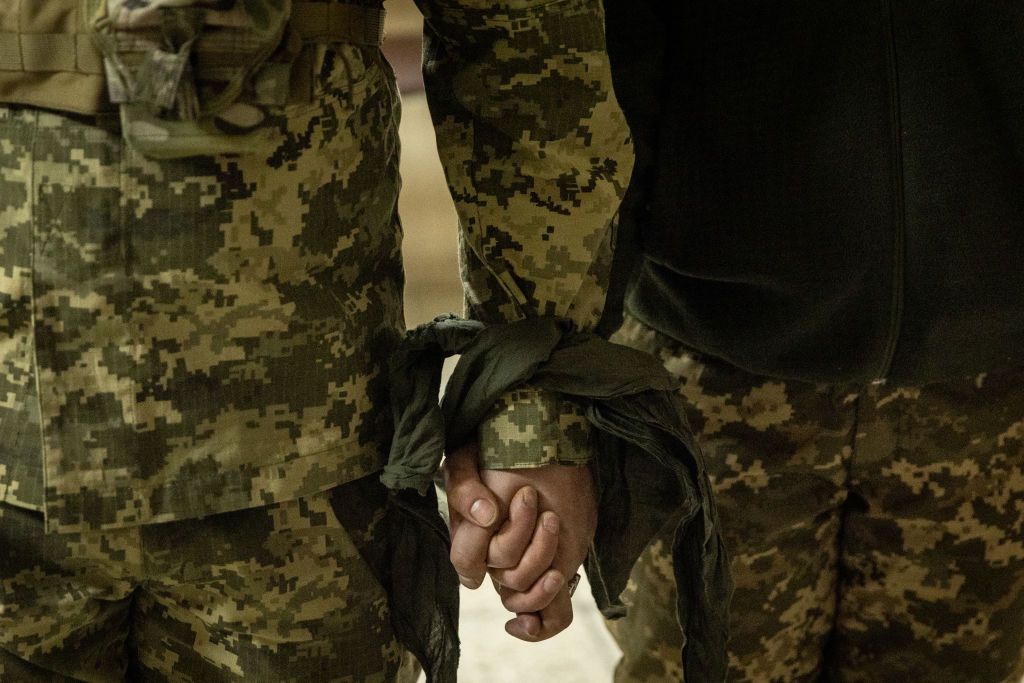
Though the Uprising did not secure an independent, democratic Poland, it continued a long tradition of resisting invaders. Ukraine, too, has a proud history of fighting for independence. These shared histories make the Warsaw Uprising relevant to Ukraine – and its allies – 80 years later.
The Uprising was a sophisticated political and military effort that relied on both combatants and non-combatants. Similarly, today, people across Ukraine and in the global diaspora are fighting to protect the country, volunteering to build drones, raising funds, and supporting displaced compatriots.
The participants in the Warsaw Uprising were diverse – not only in age and professional background but also in political ideology. Various Polish political parties and popular movements formed brigades and provided logistical support. Jews who had survived the 1943 Warsaw Ghetto Uprising also led attacks.
In Ukraine’s current struggle for freedom, there are roles for people of all ages, with and without formal military training. A historian can become a medic, a jeweler can assemble drones, and a literary hero can join the national guard.
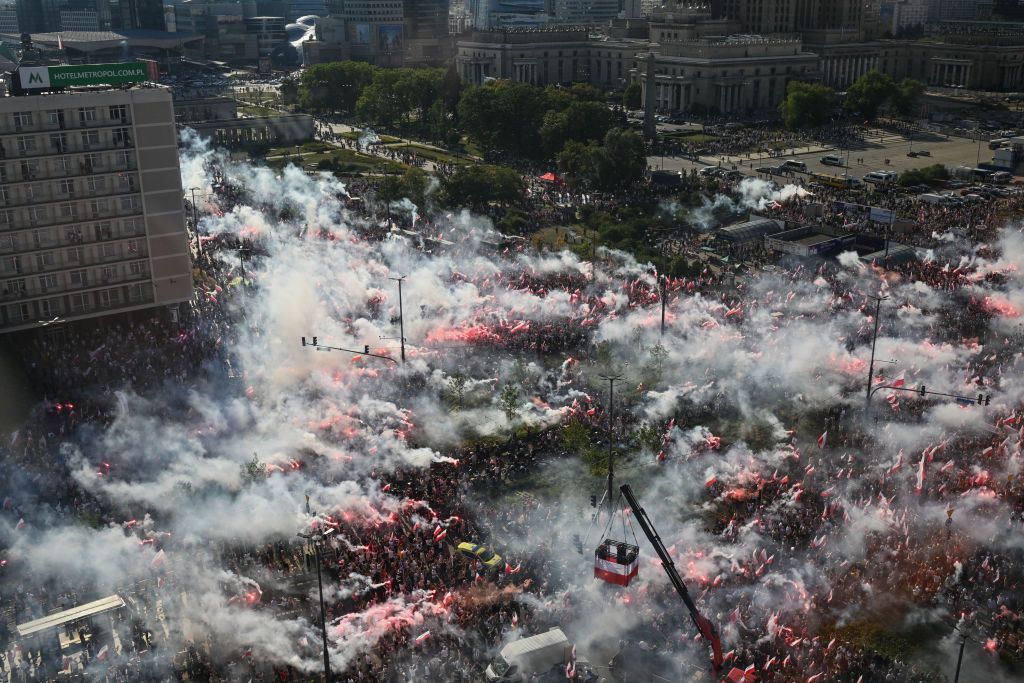
Yet, like the Warsaw resistance 80 years ago, Ukraine’s mobilization will only succeed with sustained international support and adequate military supplies from its allies.
In the summer of 1944, only a fraction of Warsaw’s combatants had access to weapons – estimates suggest just 10-25% were armed. They faced a well-armed, professionally trained enemy. The people of Ukraine have already proven themselves ingenious and tenacious throughout Russia’s full-scale invasion, from making Molotov cocktails to preparing for winter conditions.
But Ukraine needs weapons – and needed them six months ago. Whether shipped from abroad or produced domestically, international allies must fulfill their military commitments so that Ukrainian valor can be matched by power on the battlefield.
Sadly, slogans from Ukraine’s war echo the history of armed struggle in Warsaw. When Ukrainians urged governments to “close the sky,” the tepid international response mirrored the limited air support Warsaw received decades ago. During World War II, allies were prepared to fly supplies to Warsaw, but their efforts were stymied by a lack of access to Soviet airfields. When people protest to #ArmUkraineNow, hashtags and banners evoke the image of Warsaw fighters who faced Nazis without weapons.

As Ukrainians already know, the word “humanitarian” has no meaning for Russia. In 1944, Stalin delayed humanitarian air drops of food and other essentials until it was too late to turn the tide in Warsaw.
We have a chance to correct the mistakes of history. After the defeat of the Uprising, Warsaw and Poland suffered almost 50 years of Communist control. Ukraine has already endured years of war, decades of Soviet authoritarianism, and generations of Russian attempts to erase Ukrainian culture, identity, and existence.
With swift funding for weapons, consistent international support, and ongoing humanitarian assistance, Ukraine can achieve what Warsaw could not – defeat the invaders and secure a lasting peace within its borders.
Today, Warsaw is a bustling cultural and economic hub. Restaurants and bars have revitalized old industrial buildings, and people of all ages bike or roller skate between neighborhoods. But Communist-era buildings still loom on the skyline, and plaques commemorating the Uprising’s victims are visible on many downtown streets.
Each August, ribbons appear on national monuments, and candles are lit beneath memorial plaques. Residents lay flowers in the streets and hang flags from balconies, remembering the fight even as the world moves on. This summer, Warsaw can show the international community why learning from past defeats is crucial to securing victory for Ukraine.
Editor’s Note: The opinions expressed in the op-ed section are those of the author and do not purport to reflect the views of the Kyiv Independent.





